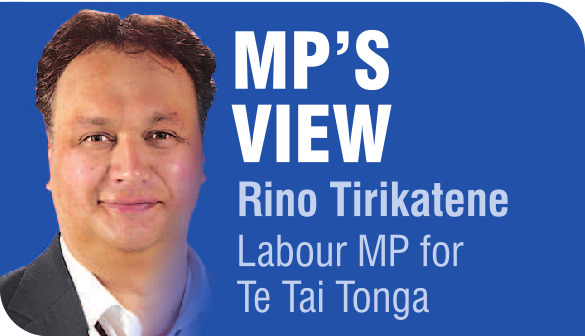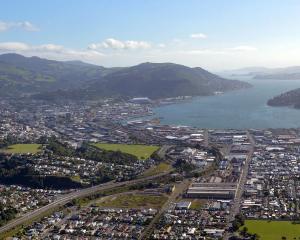This year’s Matariki celebrations were, to use the words of our rangatira of Otakou, Edward Ellison, "thrilling".

In towns and cities across the country, hundreds of thousands of New Zealanders turned out for events as diverse as star gazing to morning tea.
In the media, rangatira like Professor Rangi Matamua told and retold the stories behind the Matariki constellation, and the histories that attach to it.
Matariki is a time for new beginnings where planting for the next season occurs. But it’s also a time for remembering, marking the people who passed in the year before.
In Dunedin, the Puaka Matariki Festival offered different events to commemorate the inaugural holiday. That name – Puaka, known in English as Rigel – reflects how Ngai Tahu observe the constellation.
When Matariki rises in the North Island, Puaka rises in the South Island, and so the tribes of the South mark the Maori new year differently.
This reflects the differing climates in the South Island where the seasonal rhythms are not quite the same as in the North Island. In Dunedin, you shouldn’t follow the same planting schedule as in Auckland.
It also reflects the curvature of the Earth. Because the South Island is closer to the Antarctic, Matariki rises later in the South than it does in the north. With that in mind, watch for Puaka as well as Matariki.
This year’s Puaka Matariki festival blew me away.
The Mana Moana show on Wharf St, where stories were projected on to the Otago Harbour, was breathtaking. Rachael Rakena, Michael Bridgman, their creative team, and the Dunedin City Council deserve rich recognition for their foresight in bringing the show down South.
Equally, the Otago Museum’s programme to mark Matariki deserves recognition as well. As, too, does the Dunedin community.
The turnout at the Mana Moana show was incredible, easily reaching into the thousands. I struggle to imagine a similar turnout even a few years ago.
It’s a testament to the work of rangatira like Prof Matamua, the dedication and foresight of whanau of Otakou, and the support of various institutions that the public buy in is so strong.
And when the news always seems to be "bad", I do want to pause to acknowledge that growing maturity and celebration of things Maori.
With Covid-19 and the world being the way it is, it’s difficult to find good news stories.
But the public acceptance and celebration of Matariki really is a good news story, indicating how the country is swinging behind the Maori world.
When I was growing up, that wasn’t always the case.
But Matariki — the stories and histories associated with
it — is something unique to thisland.
That’s worth celebrating, and that’s why it was so encouraging to see Dunedin get in behind.
Mauri ora!













